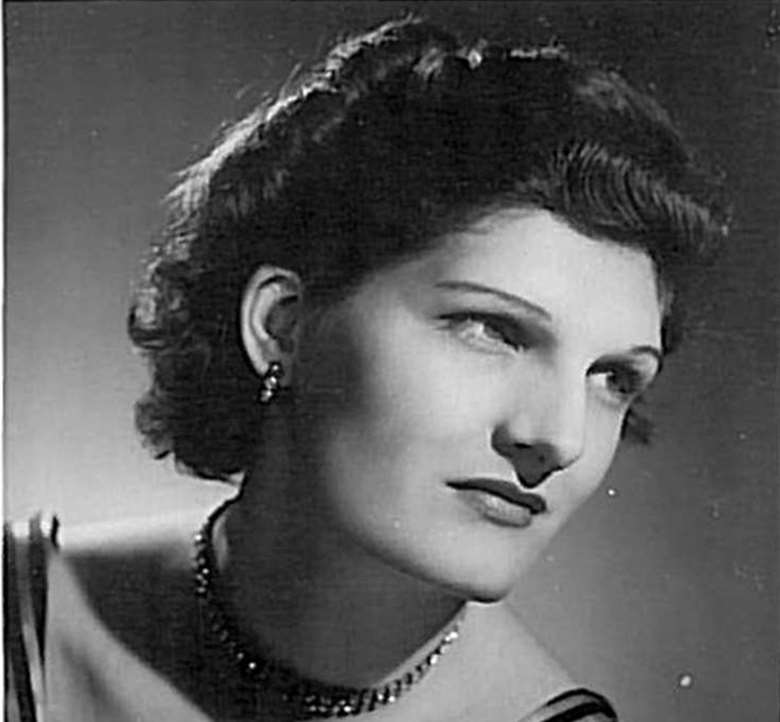Icons - Jennifer Vyvyan
Michael White
Monday, December 12, 2022
Michael White explores the musical legacy of an English soprano who was an enduring source of inspiration for Benjamin Britten

Register now to continue reading
Thanks for exploring the Gramophone website. Sign up for a free account today to enjoy the following benefits:
- Free access to 3 subscriber-only articles per month
- Unlimited access to our news, podcasts and awards pages
- Free weekly email newsletter








